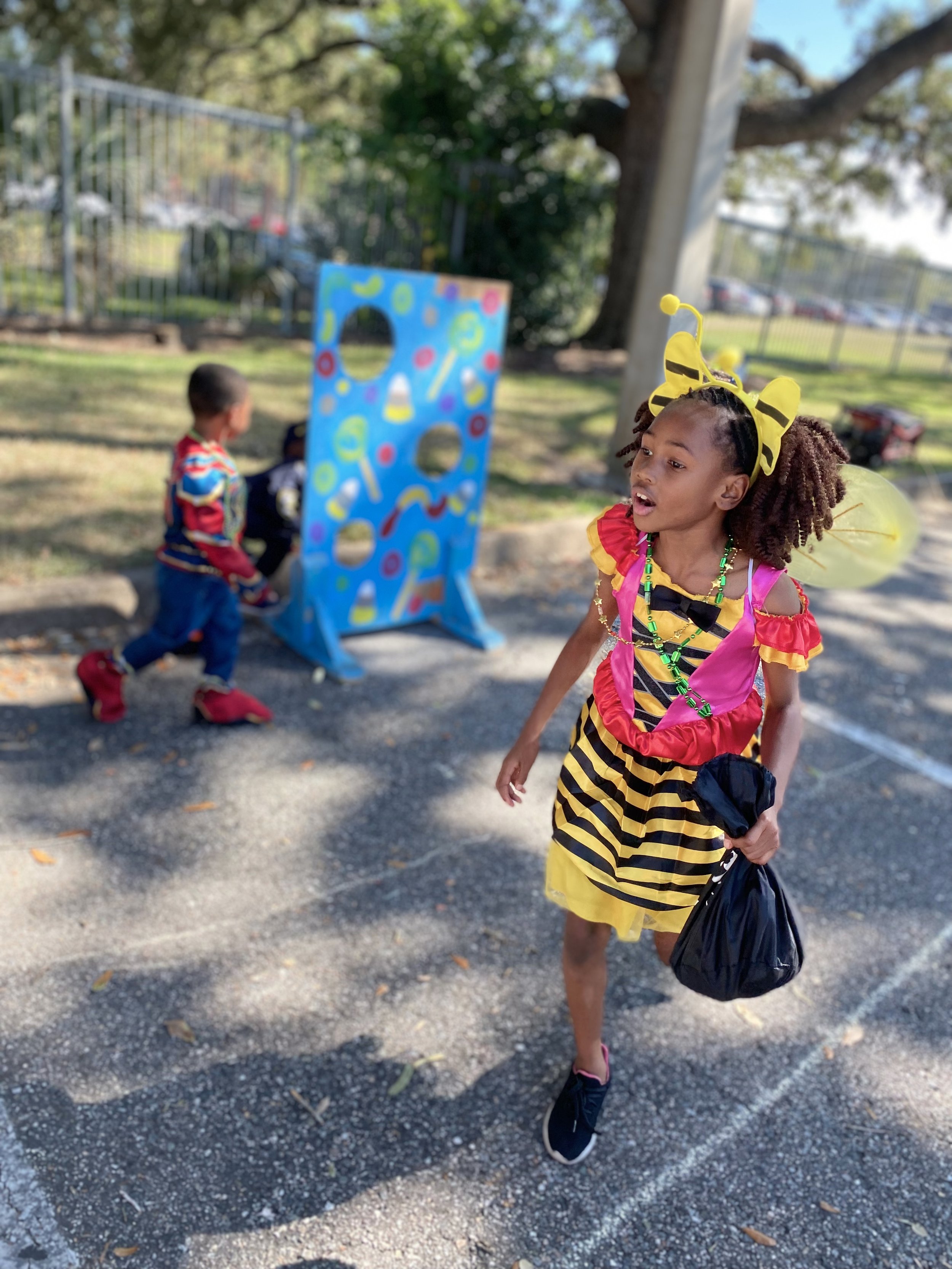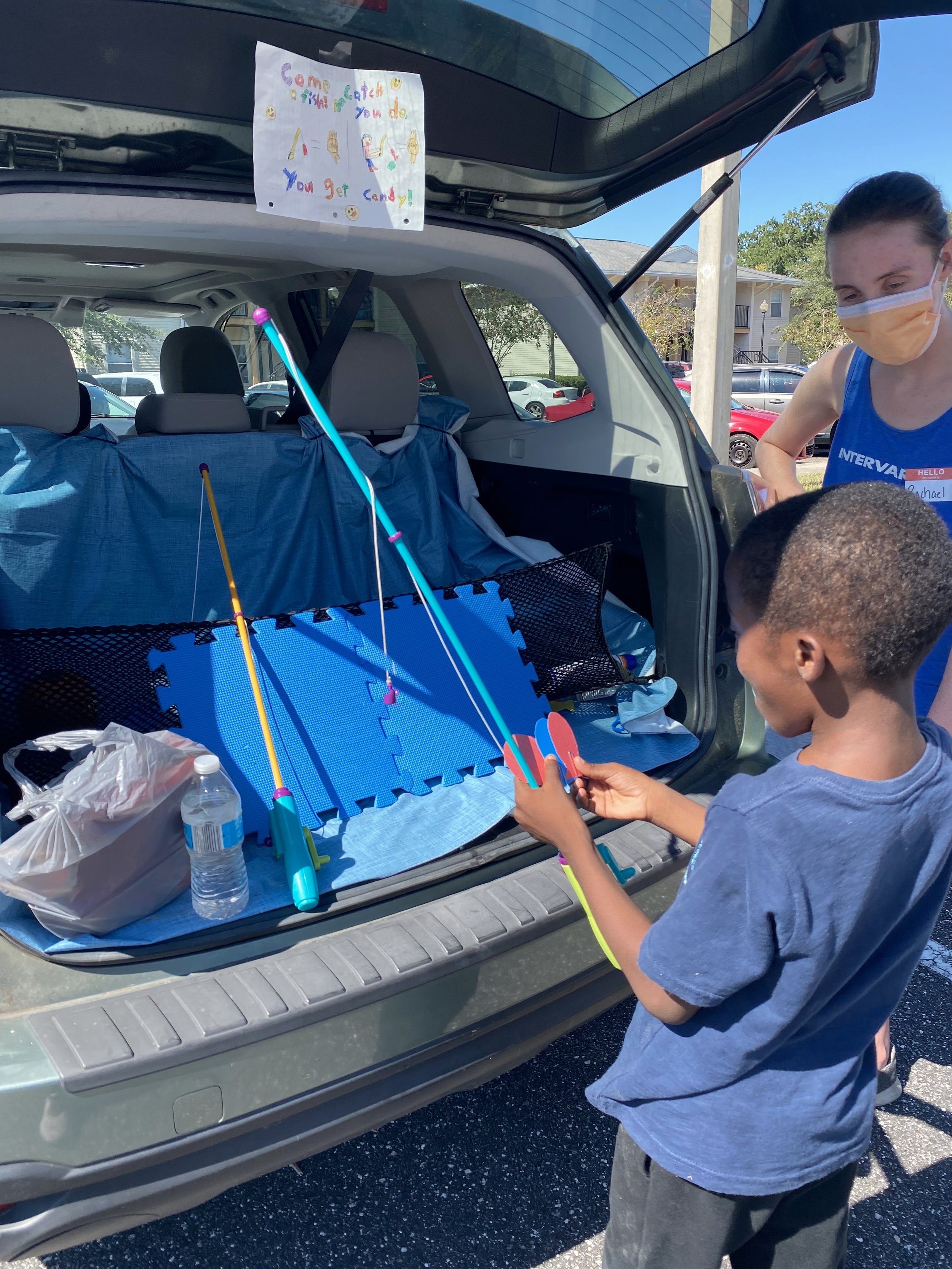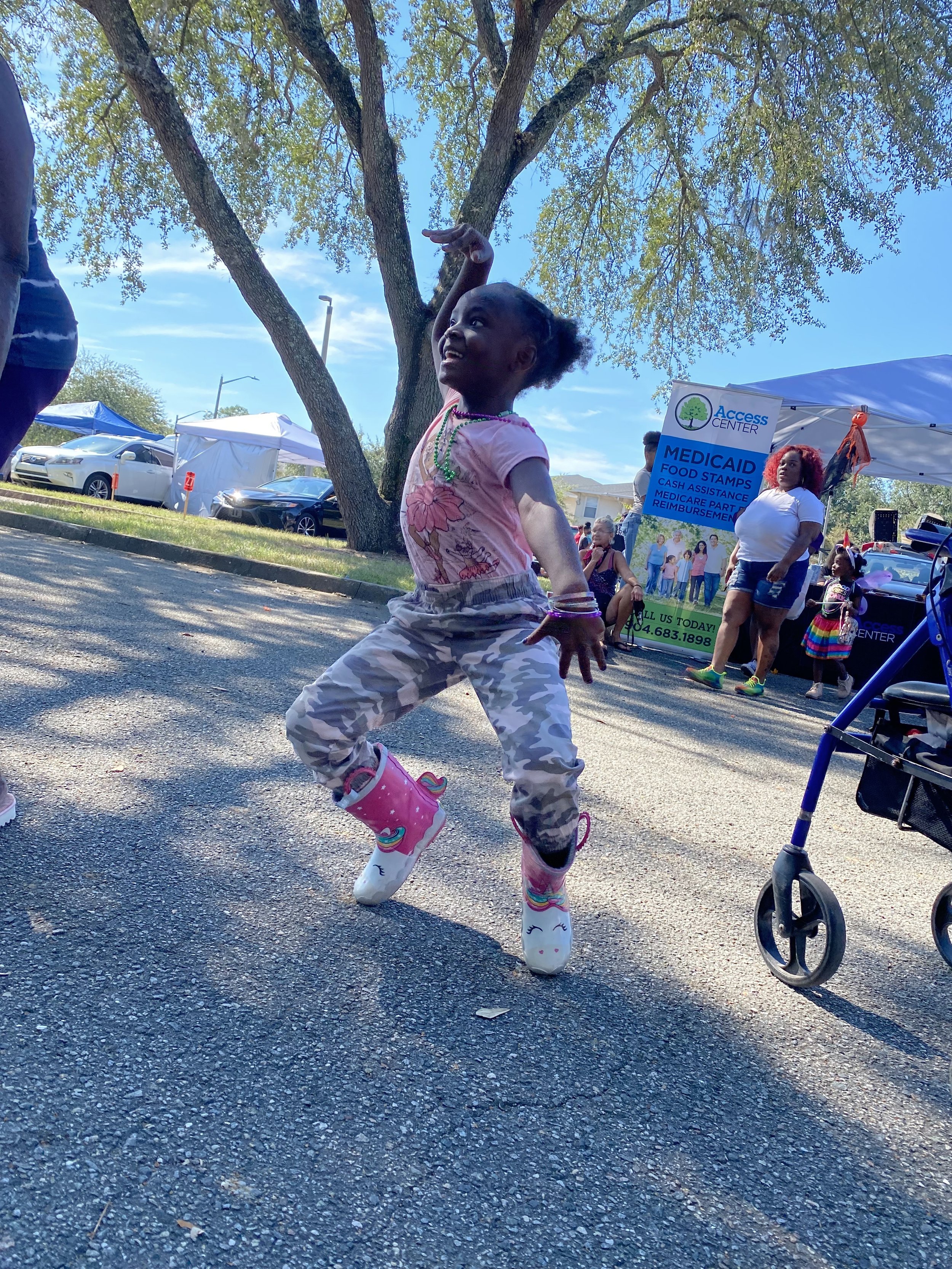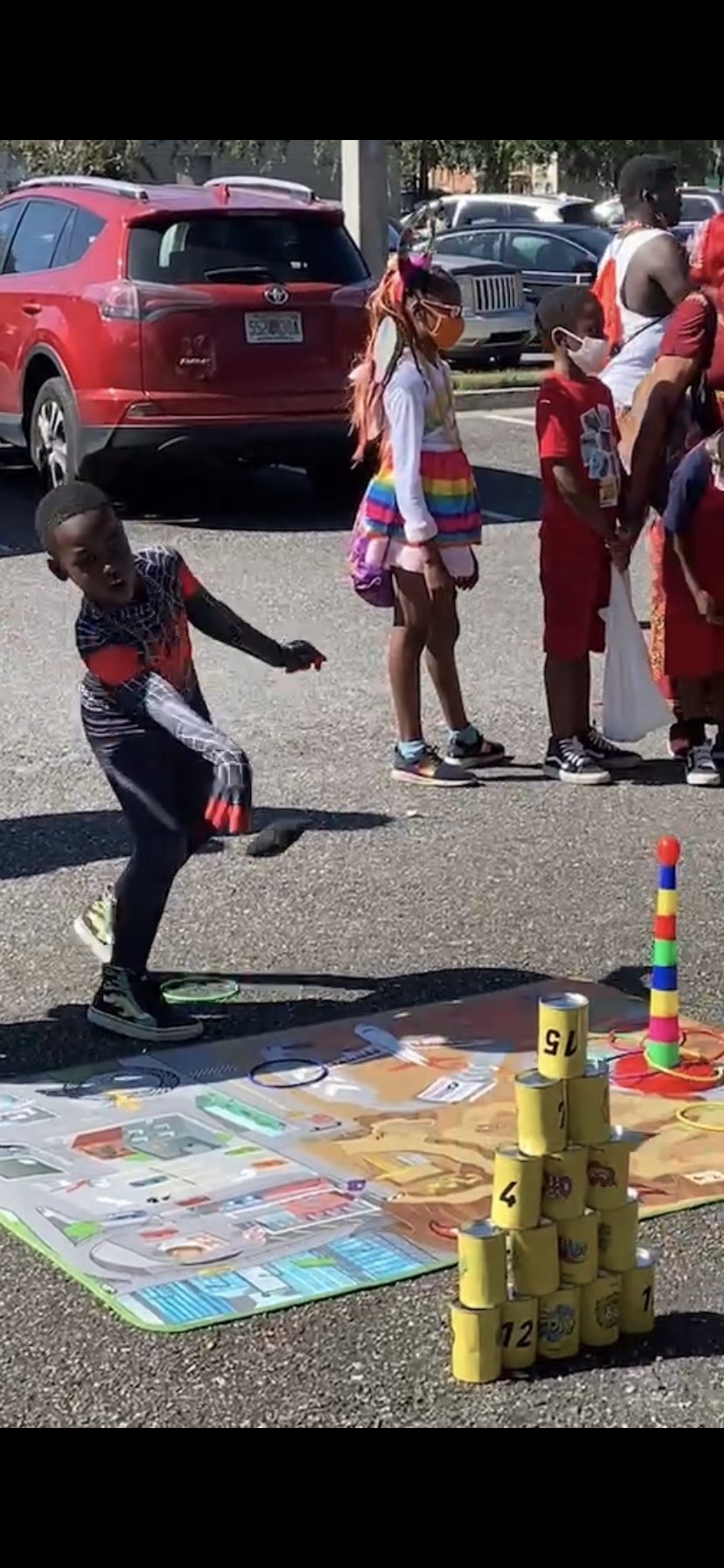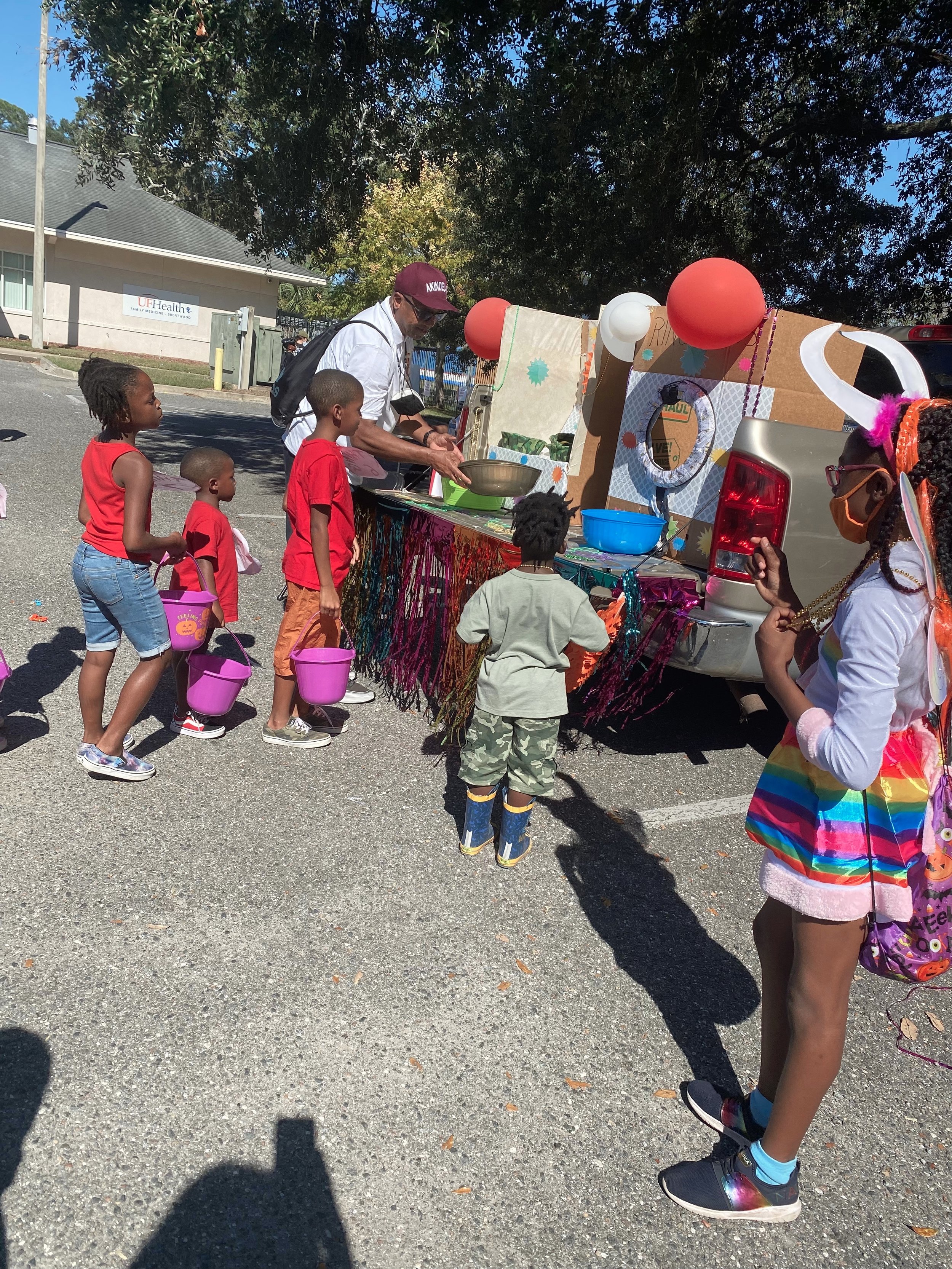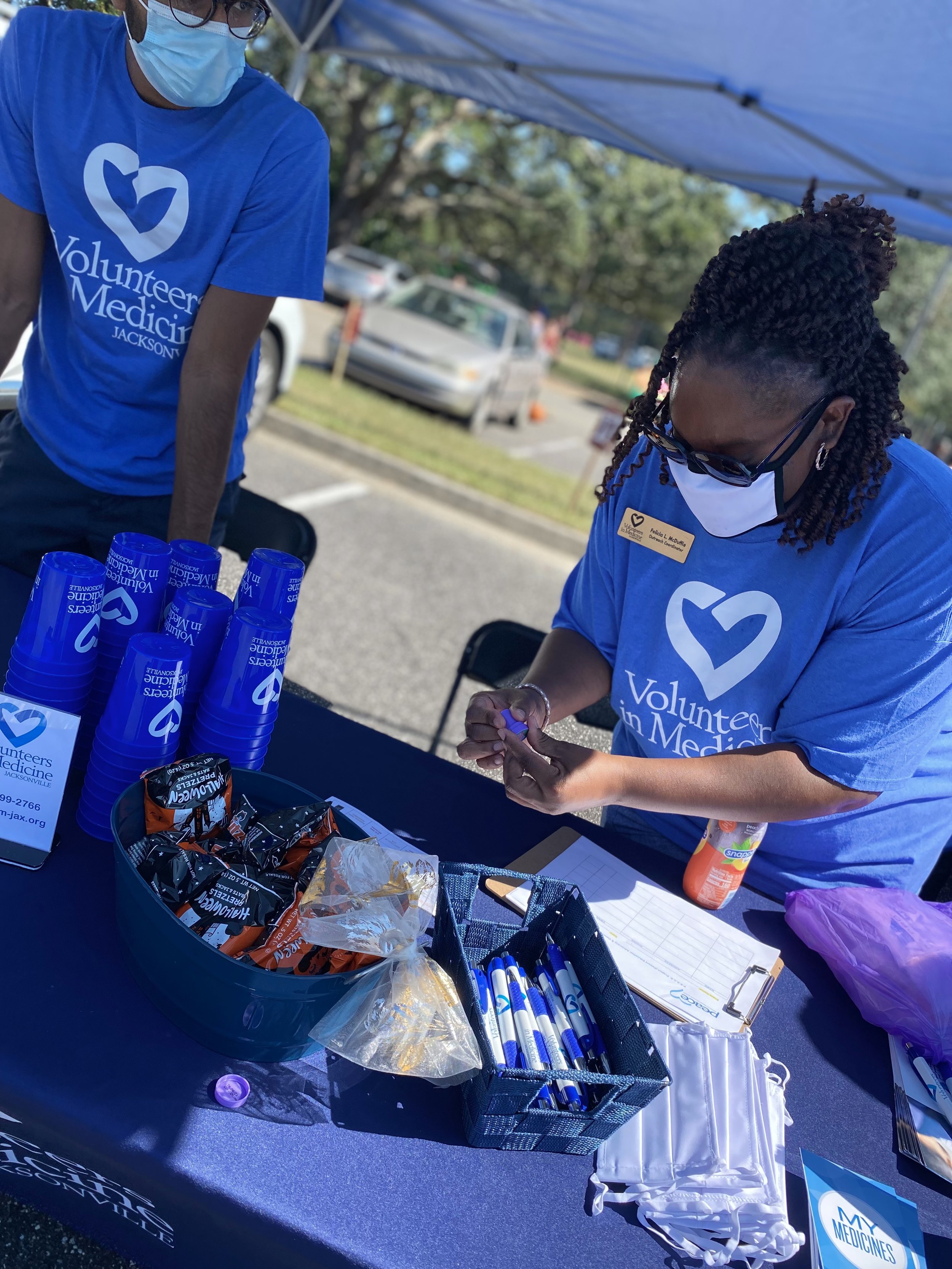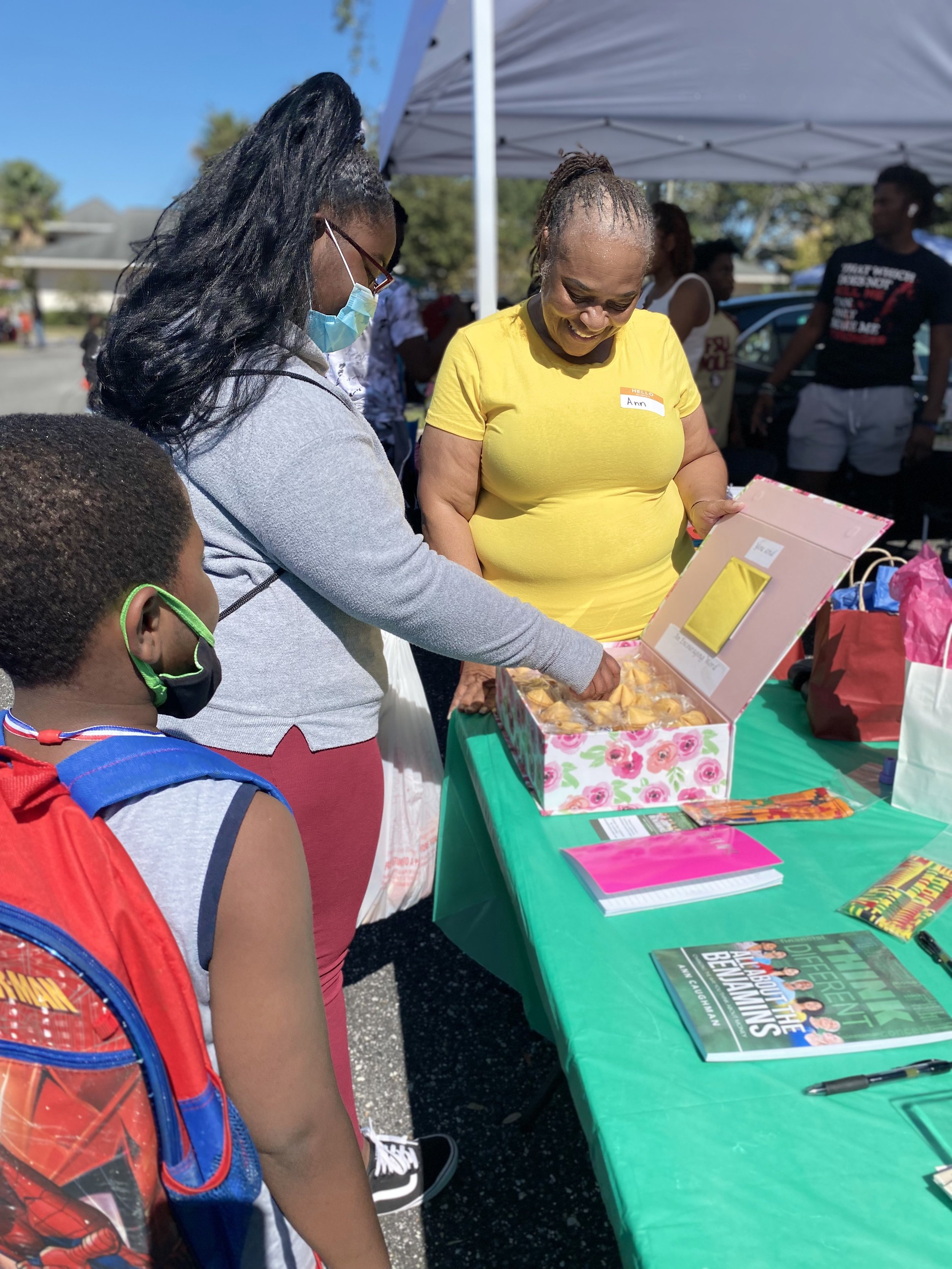This is the sixth post in a series of seven examining the Bible’s concept of justice and the action expected of Christ-followers by our King. These principles are essential to the ministry and the faithfulness of 2nd Mile Ministries to remain on mission.
Written by Marc Nettleton, Interim Executive Director
One morning on a trip to the mountains, we woke up to find snow on the ground. It was June. This was both beautiful and alarming, because a few hours later we were scheduled to go white-water rafting. Being doused with ice cold Rocky Mountain water seemed like a questionable idea to these Floridians, but we went ahead.
When we arrived, we were outfitted with gear: wetsuits, splash jackets, paddles, and personal floatation devices (the guides were very particular about using this full three word phrase). And then, off we went into the water, hoping that none of us would end up in the water.
Once, we were launched we had to decide how to navigate in the current of the river. We had been equipped, trained, and offered the help of a guide, so we were well set up for the adventure ahead.
Similarly, in this journey of examining what the Bible says about justice and our response to it, we are approaching the time to act as well. We’ve discussed terminology and definitions, began to train our eyes to see injustice in the places it hides, and considered if we are comprehensively being molded into the character of our God.
Even with all this equipping, we have a choice of if and how we will act upon these facts about justice. But, in making this decision to act, we will face challenges that stand in our way. Surprisingly, one of the biggest obstacles to acting justly can be our competing values.
Every person on this planet has a set of values and it is from these values that we make decisions, plans, and organize our lives. These values are developed within us from a multitude of sources including our society, culture, and view of God. Each one of us is constantly being impacted by these social, cultural, and theological values.
But, it is important for us to acknowledge that all of us are being formed by these. It is especially important for Christians to know this. We may be tempted to believe all or the majority of our values are simply drawn from the Bible, but that’s simply not true. We have been and are being discipled by so many things, people, and sources. Certainly, the Bible, Pastors, authors, and The Holy Spirit have informed our journey, but so too have our life experiences, media, upbringing, cable news, our generation, and our geography just to name a few.
For example, I was raised in the Midwest. In my hometown, the language of “No ma’am” and “Yes sir” felt like something lifted from a 19th century period piece movie on PBS. But, when I moved to the South, I found this language everywhere. Now, I would say that folks in both the Midwest and South value respecting your elders, but how that plays out is informed by these outside forces like upbringing, geography, and generation. It is not that saying sir and ma’am is inherently more respectful than not saying it (because you can certainly say these words with the least respectful of intention), but that there are social and cultural factors that inform our choices and worldview.
So, you may be able to make your own list of the values that shape you, but just to name a few values that are common amongst 21st Century North Americans. We as a people tend to value many of the following:
Control
Safety
Achievement
Family
Acceptance
Leisure
Wealth
Family
Efficiency
Comfort
Power
None of the things on this list are bad things. Most of them are great things! The problem comes when we start to pursue these values over and above the things that our God is calling us to. Philippians 1:21 exhorts us that “to live is Christ and to die is gain.” But to be human is to constantly be at risk of adding something from this list into this verse. We are at risk of saying to ourselves, “To live is Christ plus comfort” or “To live is Christ plus acceptance” or any other number of possibilities. And when we do that we fall into a stark danger.
This danger gets harsher still when we remember that our God’s value system includes concepts such as justice, righteousness, reconciliation, and compassion as primary. These are close to His heart, but can come into conflict with the social and cultural values that influence us. It is not that our values are obstacles in and of themselves, but that they shape our priorities and the decisions that we will make in our lives.
For example, if a Christian businessperson decides boldly that they will not participate in injustice in any form, this may realistically hurt their progress towards cultural values like achievement, wealth, or power. There may even be entire industries, like payday loans, that they are unwilling to do business with or pursue employment from.
Or similarly, but on the converse, if I value acceptance more than I value compassion, I may choose to not speak up when a fellow church member makes a demeaning or racist joke. In that moment, I am choosing my desire to be accepted by that person over standing up for the image of God in others.
If we played this comparison out with the value of comfort, we could probably come up with examples indefinitely and indeed I’m sure you can think of examples of how these values might come into conflict for yourself. And I invite you to take the time to examine that deeply!
These competing values form the current of our culture and the current will take us places we didn’t mean to go. It will cause us to miss opportunities that we didn’t even see. If our value on comfort or family or leisure supersedes our value on God’s justice, we may just continue to be swept downstream, not even aware of the person stranded on the rock along our path.
Because if we are going to act justly, we need to be aware of these values. At a core level, we need to order our priorities in such a way that we are prepared to look to all of God’s values including those of justice when we are planning our career path, the neighborhood we live in, the products we buy, and the people we spend time with. The values we elevate and the decisions that stem from them are eternally significant.
The reality is that all of us are already in the whitewater raft, whether we know it or not. And the water is rushing downstream. The current of our culture will carry us towards unjust outcomes, even if we don’t mean for it to, unless, we are intentional. We must be intentional every day about choosing to act, speak, and live in such a way that the values of our God are upheld and made great.
We have the choice, we can sit in the raft and let ourselves be swept downstream or we can use our vision, tools, and newfound knowledge to actively change the course and trajectory of our journey. Perhaps to even begin to paddle upstream, undoing the negative impacts of injustice we have found along the way.
Choosing to act justly is not simple, but it is aligned with the character and the will of God. With that assurance before us, we are empowered to take on challenges and do the hard things. We go forward in the promise that our God and his presence goes with us.
